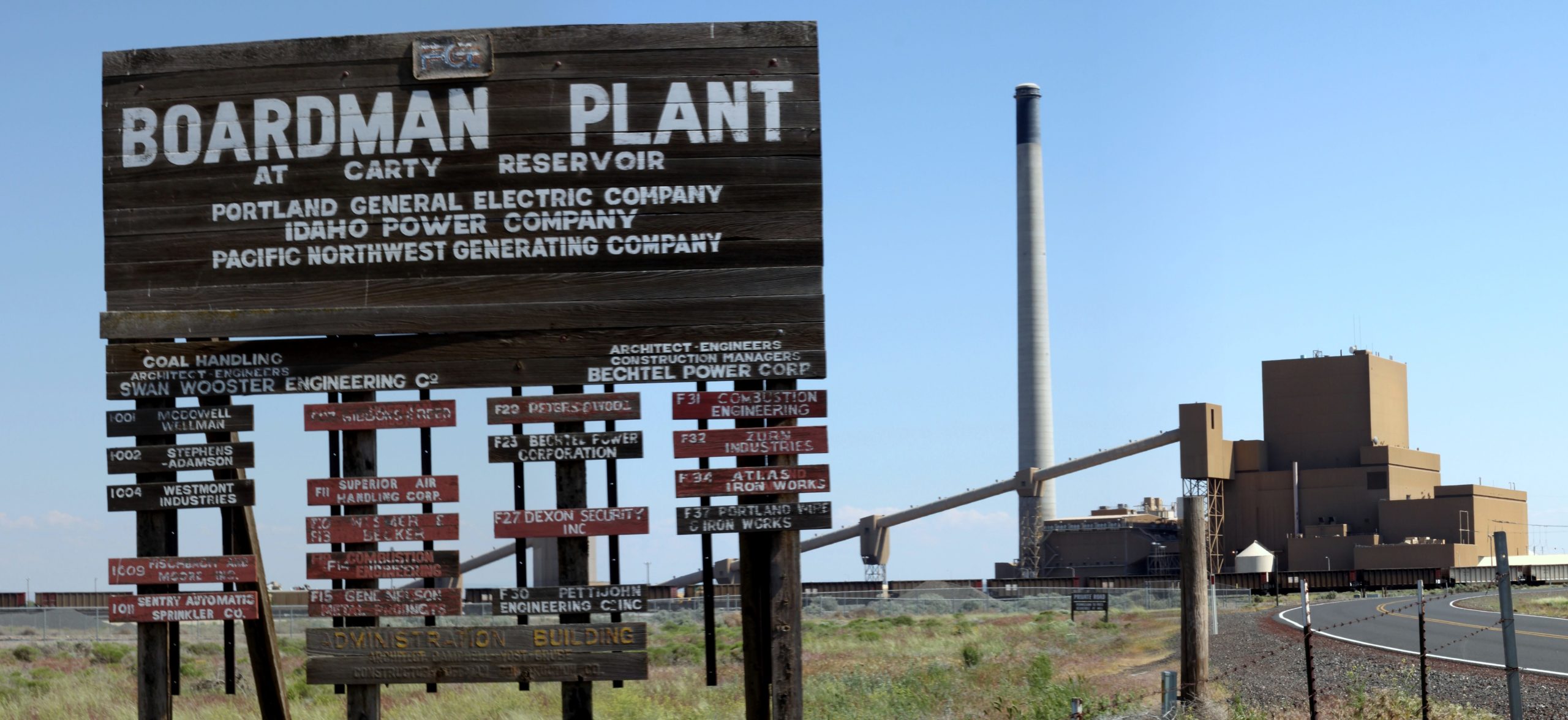
PGE Tests Biomass at Boardman Coal Plant
New Report Highlights Climate and Forest Consequences for Country’s Largest Biomass Proposal
Portland, OR – Today, the Sierra Club released a report analyzing a proposal from Portland General Electric (PGE) to convert the state’s last coal plant in Boardman, Oregon into one of the world’s largest biomass facilities. The report finds that the proposal may pose major implications for air quality, forest health, and carbon reduction goals.
The Boardman Power Plant in northern Oregon is slated to retire in 2020. However, this month, staff are testing the plant’s capacity to run on woody material and energy crops. If the test succeeds, the Boardman plant could be converted to run on 100 percent forest biomass for 5 months of the year.
The new report demonstrates the likely implications if the conversion is made. Key findings include:
- An average biomass power facility emits 40-60% more carbon than coal plants do per megawatt hour of energy generated.
- Over 3.8 million tons of trees and woody material would be needed to operate the plant for 5 months a year. Despite claims by biomass advocates, waste feedstock levels are negligible when compared to the facility’s needs. Therefore, whole trees from public lands would constitute the majority of the feedstock needed.
- Over 800 trucks a day would be required to supply the Boardman facility during peak operation.
- PGE is growing a highly invasive species of giant cane as a feedstock. Arundo Donax causes major damage to ecosystems and watersheds and is opposed as a viable energy solution by dozens of environmental groups.
“The retirement of the Boardman facility creates an opportunity to replace coal with clean energy like wind and solar, which would be in keeping with the landmark coal transition legislation passed in Oregon earlier this year,” said Rhett Lawrence, legislative director for the Oregon Sierra Club. “There is simply no need to turn our forests into fuel because cleaner energy alternatives are already at hand.”
Even though the carbon consequences of biomass are well established, Congress is currently considering legislation that would designate biomass energy as “carbon-neutral.” Just as oil, coal, and gas must be kept in the ground, if we are to avoid catastrophic climate change, so too must trees be kept in the forest.
Contact:
Caitlin Doughty
(619) 787-3912
[email protected]
Featured image courtesy of Tedder on Wikimedia commons.


